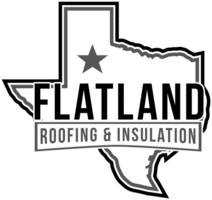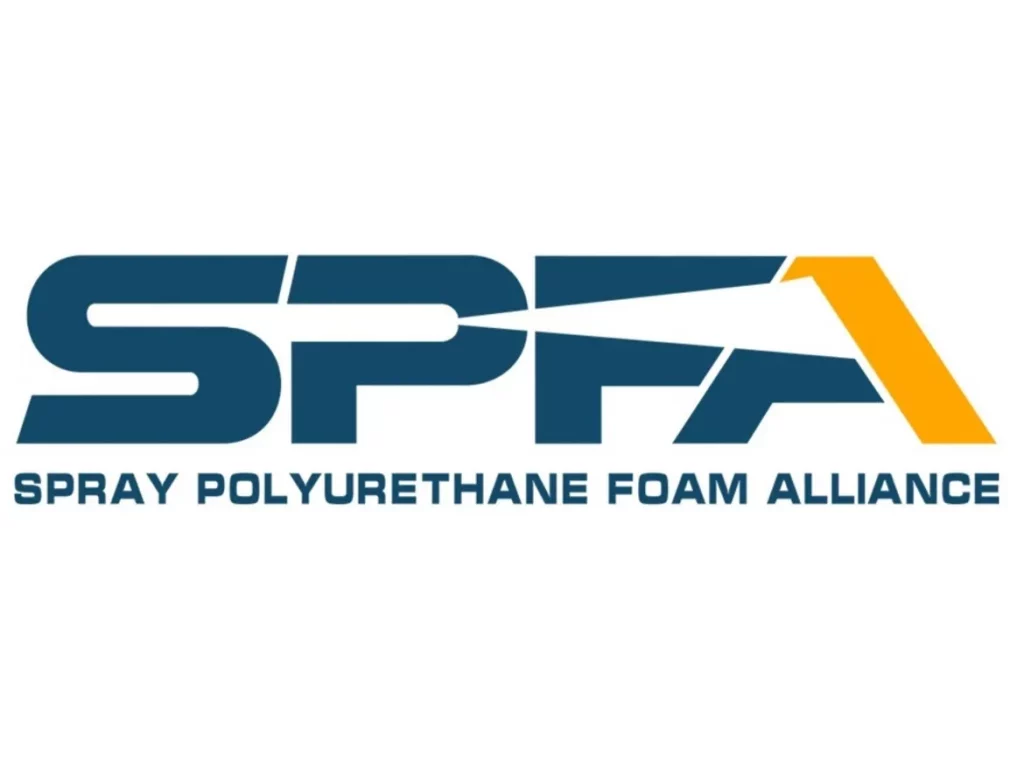Spray foam insulation is an effective solution for sealing gaps and improving energy efficiency in residential and commercial buildings. Unlike traditional insulation materials such as fiberglass or cellulose, spray foam expands upon application, filling cracks, crevices, and hard-to-reach areas. This property makes it a superior choice for preventing air leaks and maintaining indoor temperatures.
Why Air Leaks Increase Energy Costs
Unsealed gaps in walls, attics, basements, and crawl spaces allow conditioned air to escape, making heating and cooling systems work harder. This leads to higher energy bills and reduced indoor comfort. Spray foam insulation addresses this issue by creating a continuous barrier that stops air leakage and improves thermal performance.
Types of Spray Foam Insulation
Spray foam insulation comes in two primary types: open-cell and closed-cell foam. Each has distinct characteristics suited for different applications.
Open-Cell Spray Foam
- Lightweight and Flexible: Expands significantly to fill large spaces.
- Cost-Effective: Provides good insulation at a lower cost.
- Breathability: Allows some moisture transfer, making it suitable for certain indoor applications.
Closed-Cell Spray Foam
- Higher Density: Offers superior insulation and durability.
- Moisture Resistance: Acts as a vapor barrier, preventing water intrusion.
- Structural Support: Adds strength to walls and roofs.
Key Benefits of Spray Foam Insulation
Improved Energy Efficiency
Spray foam creates an airtight seal that prevents heat loss in winter and heat gain in summer. This reduces the load on HVAC systems, leading to significant savings on utility bills.
Enhanced Indoor Comfort
By eliminating drafts and temperature fluctuations, spray foam insulation helps maintain a stable indoor environment throughout the year.
Moisture and Mold Prevention
Since spray foam resists water absorption, it minimizes the risk of mold growth and structural damage caused by moisture infiltration.
Long-Term Durability
Unlike traditional insulation materials that degrade over time, spray foam retains its effectiveness for decades, reducing the need for frequent replacements.
Where to Apply Spray Foam Insulation
Attics
Sealing attic spaces prevents heat from escaping during winter and keeps heat out in summer, reducing energy loss.
Walls
Applying exterior and interior spray foam on walls enhances insulation and minimizes air leaks through wall cavities.
Basements and Crawl Spaces
These areas are prone to moisture problems. Using spray foam insulation helps create a moisture-resistant barrier, reducing humidity and potential mold growth.
Around Windows and Doors
Air leaks around windows and doors contribute to energy waste. Spray foam effectively seals these gaps, improving insulation.
Choosing Professional Installation for Best Results
Applying spray foam insulation requires expertise to ensure proper coverage and effectiveness. A professional installer can assess your home’s insulation needs and recommend the best type of spray foam for each area.
Why Work With Experts?
- Precision Application: Professionals have the experience to apply the right thickness for maximum efficiency.
- Safe Handling: Proper protective measures are necessary when working with spray foam chemicals.
- Long-Term Performance: A professional installation ensures the insulation lasts as intended.
Reduce Energy Costs With an Effective Insulation Solution
Sealing gaps with spray foam insulation can lead to noticeable reductions in heating and cooling expenses. A well-insulated home maintains a consistent temperature, requiring less energy for climate control. This translates into long-term savings and increased comfort.
Looking to upgrade your insulation? Flatland Roofing & Insulation offers expert installation services tailored to your specific needs. Call (806) 606-6794 or email [email protected] to schedule an assessment.
Frequently Asked Questions
How much does spray foam insulation cost?
The cost varies based on the type of spray foam, the area being covered, and labor expenses. On average, expect to pay between $1.50 to $3.50 per square foot.
Is spray foam insulation safe for homes?
Yes, once fully cured, spray foam is safe. During installation, proper ventilation is needed to prevent exposure to fumes.
How long does spray foam insulation last?
Spray foam insulation can last 20 to 30 years or more, maintaining its effectiveness without the need for frequent replacements.
Can spray foam insulation be applied to existing homes?
Yes, it can be added to existing structures by injecting foam into wall cavities, attics, and other accessible areas.
Does spray foam insulation help with soundproofing?
Yes, open-cell spray foam provides some level of soundproofing by reducing noise transmission through walls and floors.
Will spray foam insulation prevent pests?
Spray foam can help deter pests by sealing entry points, though it is not a guaranteed pest control solution.
Can I install spray foam insulation myself?
While DIY kits are available, professional installation ensures proper application, maximizing efficiency and safety.
Is spray foam insulation environmentally friendly?
Some spray foams contain eco-friendly components, such as water-based blowing agents and recycled materials, reducing environmental impact.
How does spray foam compare to traditional insulation?
Spray foam offers better air sealing and moisture resistance than fiberglass or cellulose, making it a more effective long-term insulation choice.
Will spray foam affect my home’s resale value?
High-quality insulation can increase energy efficiency, which may improve property value and appeal to buyers looking for energy-efficient homes.






